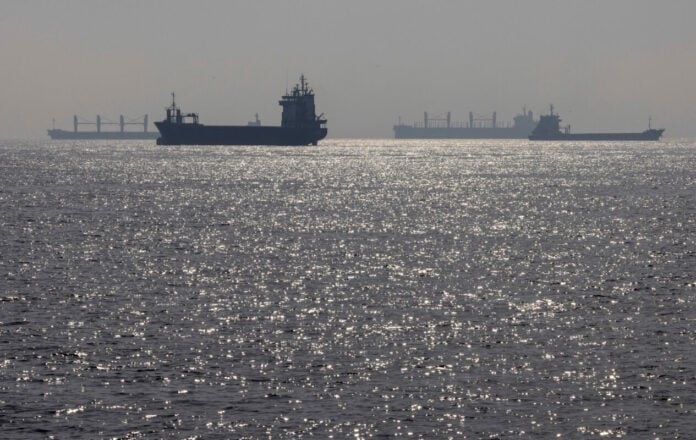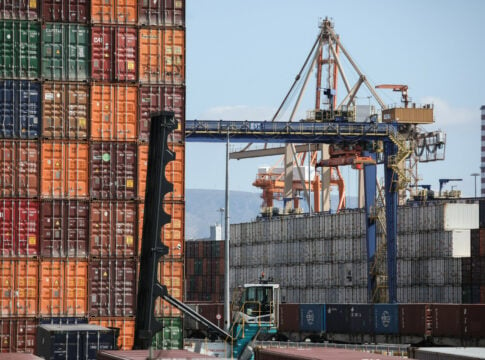Although geopolitical conditions continue to greatly affect international shipping and bank interest rates remain at relatively high levels, the Greek fleet is being renewed with newly built high-tech ships and a large number of dual-fuel ships.
This is highlighted in an introductory note by the president of the Greek Shipping Co-operation Committee of London, Charalambos Fafalios, on the occasion of the publication of the 2023-2024 annual report.
The report highlights that the attacks on merchant ships in the Red Sea due to the conflict in Gaza, as well as the ongoing war in Ukraine, have brought about a significant change in global trade.
In order to avoid crossing through the Suez Canal, vessels have increased their ton-kilometers and this is especially noticeable in containerships, bulk carriers and tankers.
With reference to the Panama Canal, it is emphasized that ship crossings appear to be slowly recovering, however global shipping is still doing its best to compensate for the disruption caused by longer port stays.
It is underlined that due to its dominant position in the tramp shipping market, the Greek merchant fleet, which represents over 60% of the total capacity of the EU, is of strategic importance for meeting the needs of the EU while adapting to changing global requirements and taking into account all new regulations, whether global or regional.
The importance of the International Maritime Organization IMO as a regulatory authority is emphasized, adding that a multitude of different fuels without a global tanking network necessitates the decision to change, pointing out the need for a simple Standard Fuel Levy that will be the mutually acceptable solution to achieve its objectives IMO for 2040 and 2050.
Overall, the Greek-owned fleet amounts to 6.7% of the world fleet in terms of number of ships, 12.9% in terms of GT and 15.1% in terms of DW.














